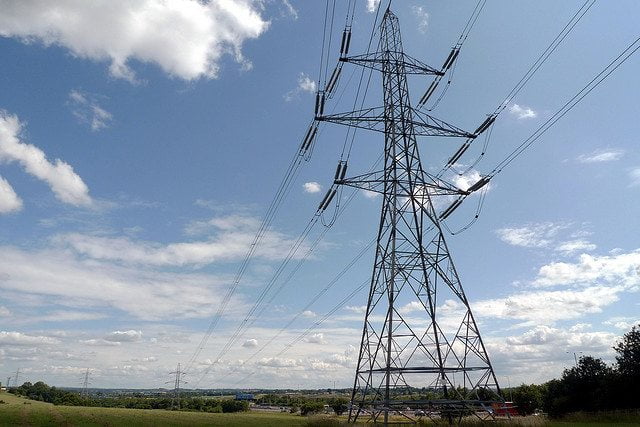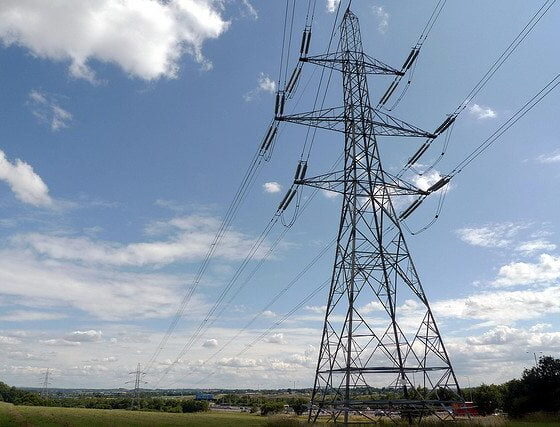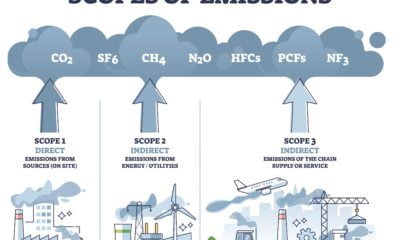

Energy
Energy efficiency and decentralisation cuts dependence on imported fossil fuels
Demand side services, energy management measures that include decentralised generation and demand reduction, have cut the UK’s dependence on imported fuel by two-thirds and negated the need to build 14 new power stations, according to a report.
The report – Invisible Energy: Hidden benefits of the demand side – comes from the Association of Decentralised Energy and looks at how demand side investments are benefitting the economy and consumers.
The report argues that every energy of unit wasted is an energy security opportunity lost, explaining that the more we get from each unit of energy the more secure the UK’s energy supplies are. Without the local, demand side action by industry the UK would require 14 more power stations to meet demand.
In addition to cost savings, these actions have also saved hundreds of millions of tonnes of carbon. Without demand side investments it is estimated that the UK would be emitting an extra 462 million tonnes of CO2 every year, as well as other pollutants.
Director of the Association for Decentralised Energy, Dr Tim Rotheray said, “Cutting energy waste using demand side services deliver economy wide benefits: supporting 136,000 jobs, cutting carbon emissions by 462 million tonnes a year, and reducing our dependence on imported energy by two thirds. These investments are distributed and often unseen but taken together have a huge impact on the UK economy.”
The organisation estimated that an extra £5.6 billion could be saved in fuel and power costs by 2020, as well as generating an additional £25 billion in sales. However, in order to achieve these savings government must implement policies designed around the energy user, working seamlessly together from the user’s perspective, it adds.
Rotheray added, “Despite these considerable achievements, new energy policy often repeats the same patterns, taking a centralised approach to solving the energy challenge and overlooking the substantial contribution that users and individual action can make.
“With a clear, simple policy approach that values these smaller contributions, demand side services can help consumers do even more to cut waste, improve competitiveness and reduce emissions.”
Photo: Ewan Munro via Flickr
Further reading:
Government’s capacity market could increase electricity bills and emissions, warn MPs
National Grid warns of possible winter power shortage
EU 2030 energy and climate targets: the reaction
Community Energy Strategy: the reaction
Community energy is about putting local power in the hands of local people


 Environment12 months ago
Environment12 months agoAre Polymer Banknotes: an Eco-Friendly Trend or a Groundswell?

 Features11 months ago
Features11 months agoEco-Friendly Cryptocurrencies: Sustainable Investment Choices

 Features12 months ago
Features12 months agoEco-Friendly Crypto Traders Must Find the Right Exchange

 Energy11 months ago
Energy11 months agoThe Growing Role of Solar Panels in Ireland’s Energy Future






























